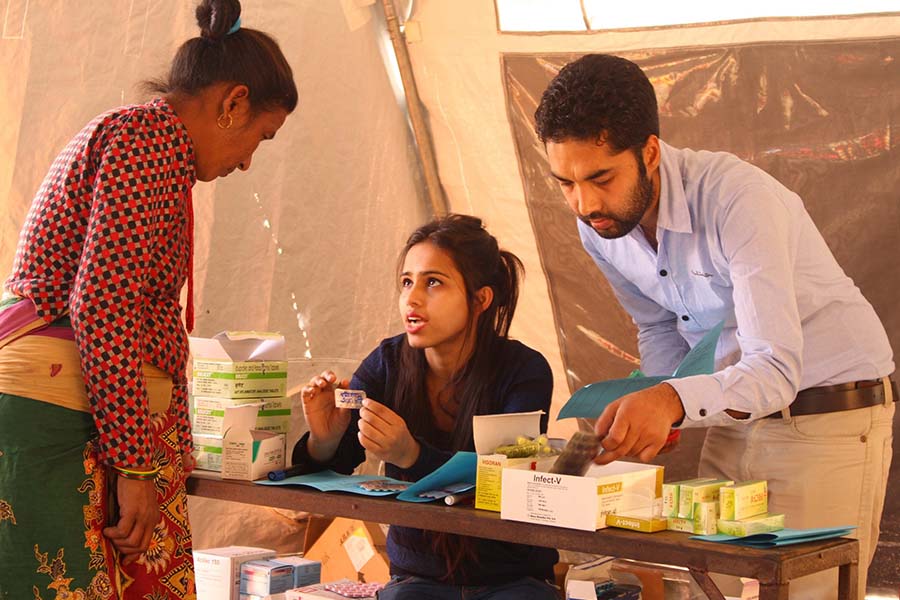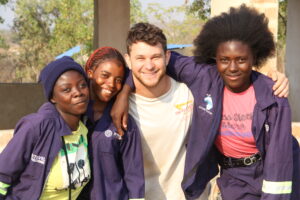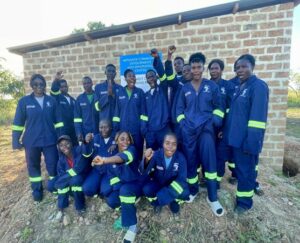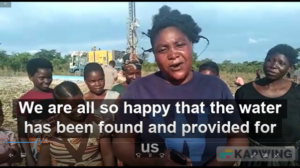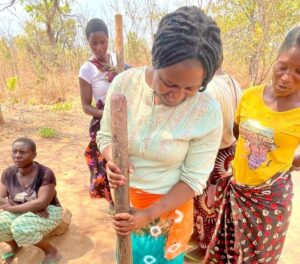This week Tevel, in partnership with Manmohan Memorial Hospital, screened and treated over 500 village women for uterine prolapse, a painful and debilitating condition. Uterine prolapse is caused when the pelvic connective tissue and ligaments that normally hold the uterus in place are weakened causing the uterus to descend into the vaginal canal. Specialists estimate that more than 600,000 women in Nepal suffer from uterine prolapse, making it one of the leading causes of morbidity among lower caste and rural women.
Prolapse prevalent in rural areas in Nepal because women give birth frequently and at young ages, and return to heavy manual labor immediately after giving birth without adequate rest. Symptoms include back pain, painful abdominal cramps, burning urination, difficulty standing, walking, sitting or lifting, as well as foul smelling discharge. Yet despite the obvious physical discomfort suffered by these women, many prolapse sufferers do not seek help due to the social stigma the condition carries. Many fear that if they are unable to satisfy their partners sexually, their husbands will remarry and they will find themselves socially excluded, ridiculed or abandoned. Therefore activists claim that prolapse is a gender issue not only a health one.
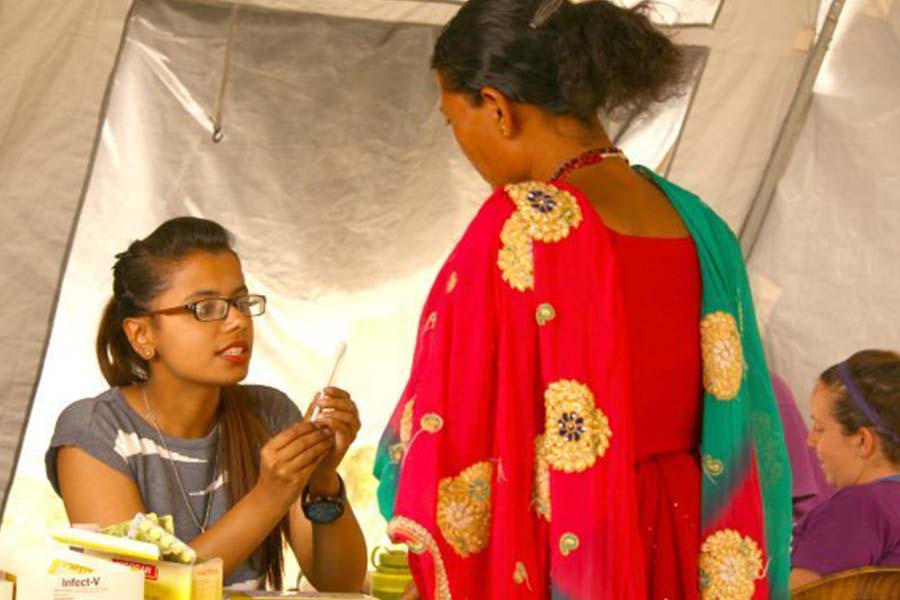
“Even though we’ve been working with these women, we had no idea how many were suffering from prolapse until we started this program” said Nirmala Maharjan, Tevel’s women’s empowerment coordinator. “We expected to find 20-30 women who need surgery. It turned out that 48 need surgery, and another 17 were treated with a pessary. That’s 65 women who were suffering in silence, just in this village.”
Tevel’s women’s empowerment staff conducted educational programming about uterine prolapse for the village women in the months leading up to the health camp. By the time the health camp started, community members had a better understanding of the condition and were more open to coming in for treatment. Likewise, the fact that it was conducted in the community alleviated the fear and expense of travel. “We didn’t expect nearly as many women to come”, said Maharjan, “The fact that they showed up in such large numbers shows that they trust our staff and know that we will protect their privacy and confidentiality. If this had been a one-time activity, the women wouldn’t have come.”

